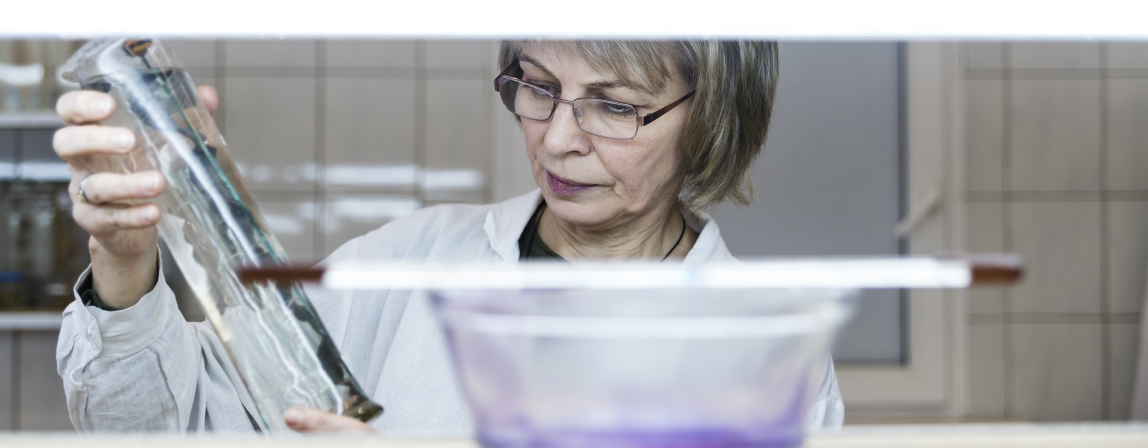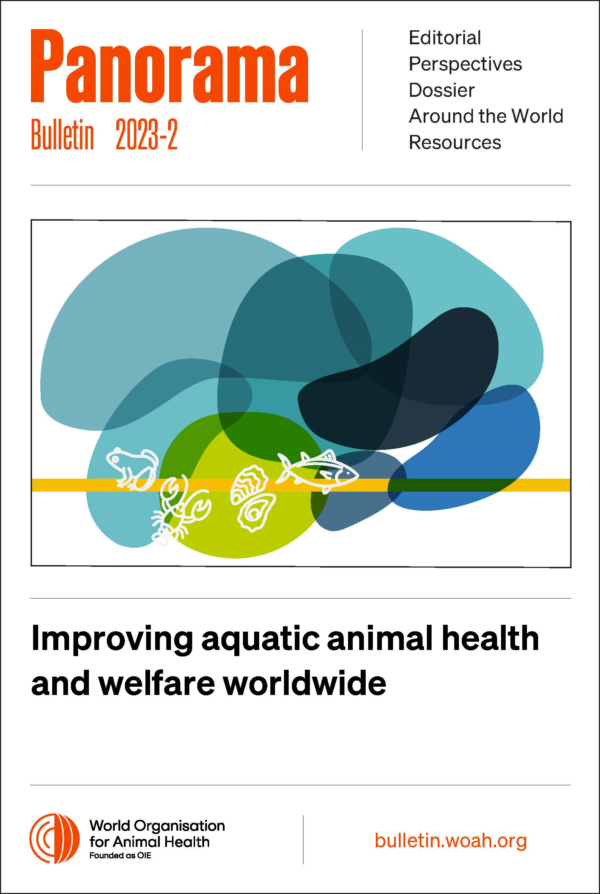Perspectives Posted on 2025-02-13 10:37:46
WOAH actions
2-1-01 Importance of WOAH Standards and the prioritised Standards under the Strategy
Keywords
Authors
Bernita Giffin, Scientific coordinator for aquatic animal health, World Organisation for Animal Health (WOAH).
The first objective of the WOAH Aquatic Animal Health Strategy is the development and amendment of Standards. The primary support to achieve this objective is obtained through a core activity of WOAH’s Aquatic Animals Health Standards Commission (the Commission) which involves development and amendment of evidence-based Standards.
At every meeting, the Commission reviews the priority of Standards to be revised and the development of new Standards, while taking into consideration the goals of the Aquatic Animal Health Strategy.
The Commission has prioritised the revision of several Standards of great importance to WOAH Members:
- The assessment of susceptible species and updates to the disease-specific chapters of the Aquatic Animal Health Code ensure that all Standards are only applied to those species that pose a risk for the spread of disease.
- The development of two new chapters on emergency disease preparedness and disease outbreak management will provide Members with additional guidance on how to prepare for disease incursions and how to react if a disease incursion occurs.
- The Commission has also prioritised the development of new chapters on ornamental aquatic animals and trade in genetic materials, based on Members’ feedback. These chapters will provide new Standards where previously guidance was lacking and will assist Members with risk mitigation for these specific commodities.
The development of the Standards is led by the Commission, which presents the revised and new texts to the Members for their review and comments. It is the Members that adopt the texts at the end of the standard-setting process.
Together, through the development and implementation of Standards, we can achieve improved aquatic animal health and welfare.
https://doi.org/10.20506/bull.2023.2.3405












